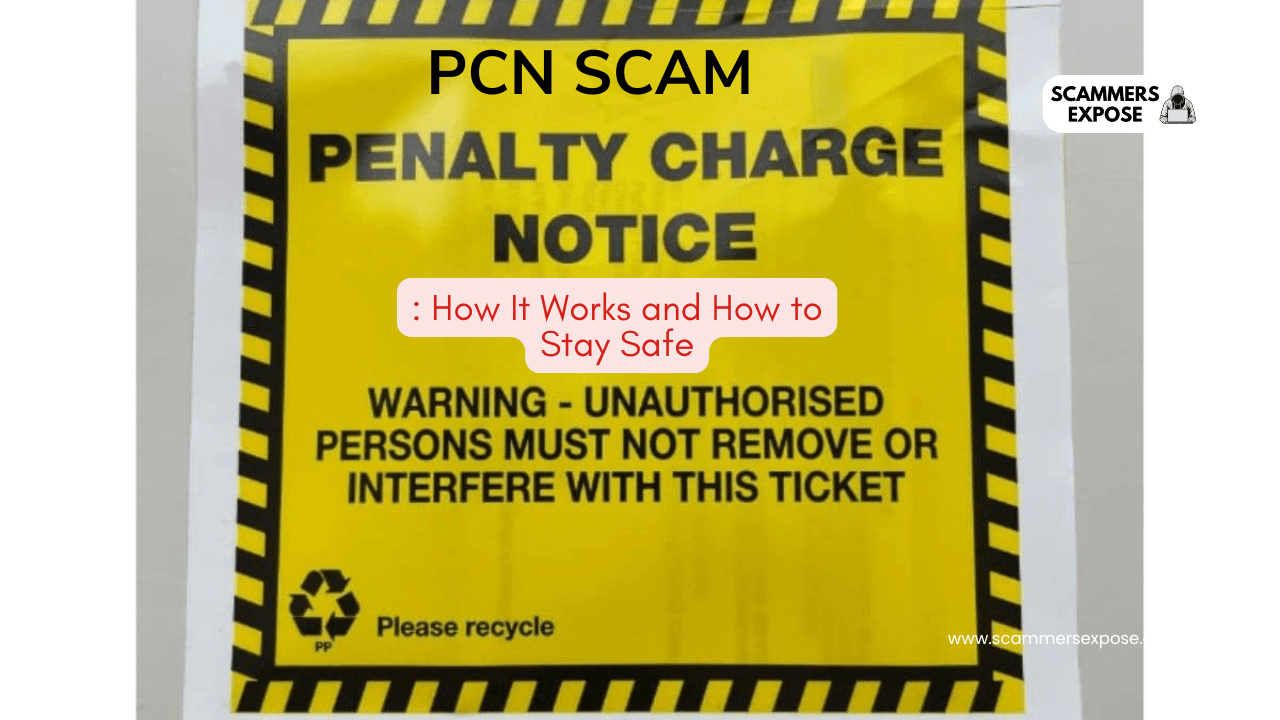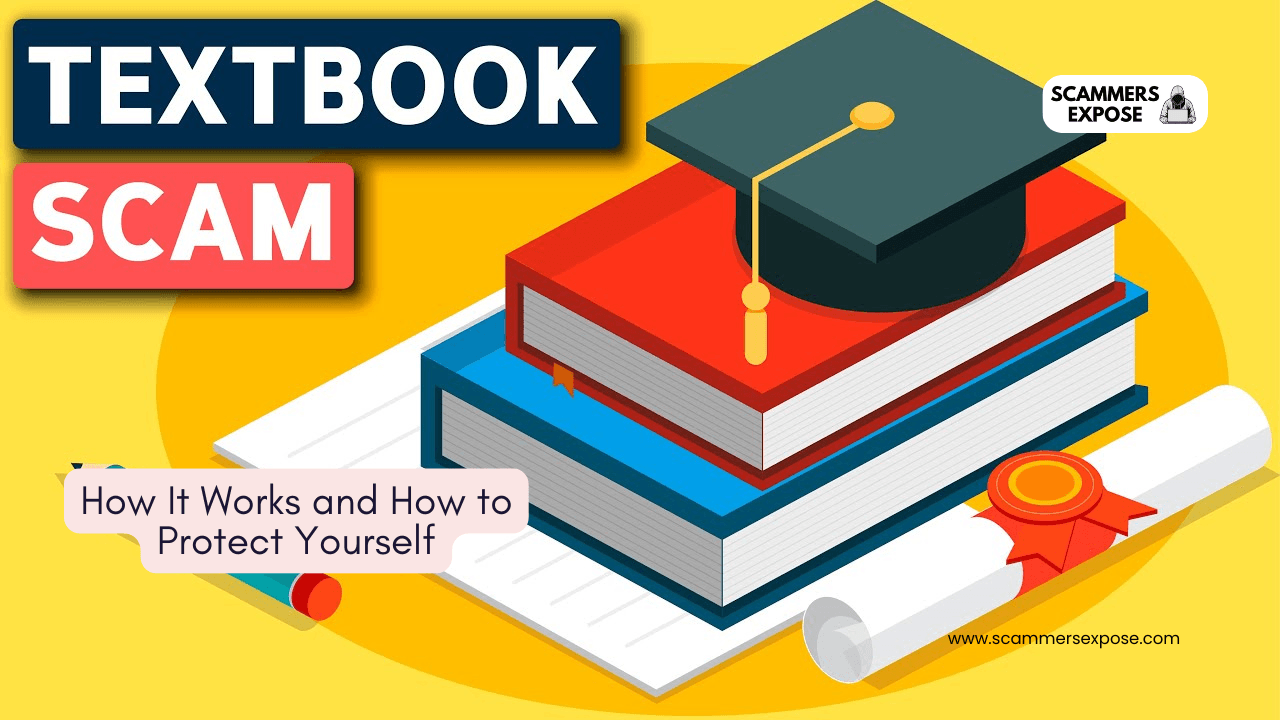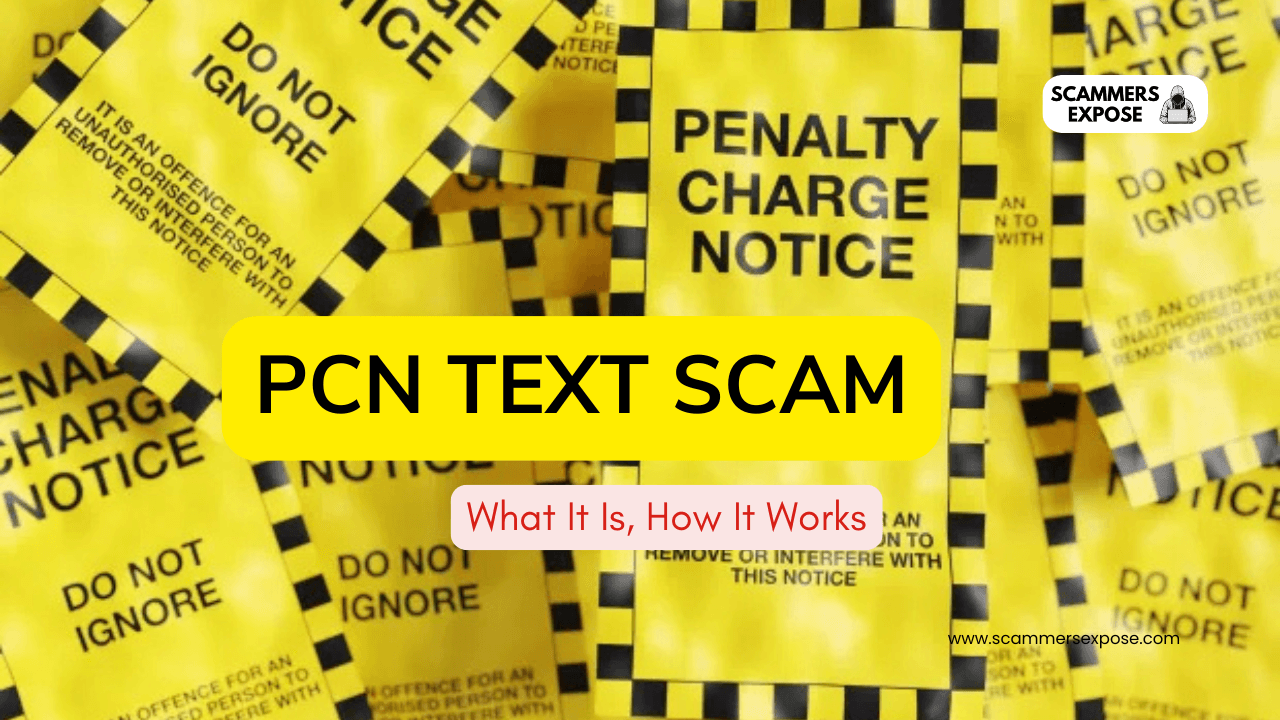The NYTollServices scam is a phishing scam designed to trick individuals into clicking malicious links, entering personal information, or making fraudulent payments under the false pretense of unpaid tolls. Victims often receive text messages, emails, or calls claiming they owe money to a toll authority, usually referencing “NYTollServices” or a similar-sounding official organization.
The scam is especially deceptive because many people who drive or travel through New York are familiar with tolls, E-ZPass, and automatic billing systems. Scammers exploit this familiarity to create a sense of urgency and legitimacy.
How the NYTollServices Scam Works: Step-by-Step Breakdown
- Initial Contact
- Victims receive a text message or email claiming they owe toll fees.
- The message often looks like it’s from “NYTollServices” or “New York State Toll Services.”
- It may include a link to a fake payment portal or a warning that failure to pay will result in fines.
- Scare Tactics
- Messages usually imply legal consequences or added penalties for late payment.
- Scammers use phrases like “urgent action required” or “immediate payment needed.”
- Phishing Website
- The link leads to a site that mimics a legitimate toll service.
- Victims are prompted to enter personal and financial details.
- Information Theft or Financial Fraud
- Once details are entered, scammers steal sensitive data.
- Victims may experience unauthorized charges or identity theft shortly after.
- Repeat Targeting
- Those who fall for the scam once may be targeted again.
- Scammers might even sell their information to other fraudsters.
Red Flags and Warning Signs
Be on high alert for these tell-tale signs of the NYTollServices scam:
- Unsolicited Messages: You receive a text or email about unpaid tolls you don’t recall.
- Suspicious URLs: Links in the message don’t lead to official toll authority websites (e.g., ezpassny.com).
- Spelling Errors: Messages often contain typos or awkward phrasing.
- Urgency: The message pressures you to act immediately.
- Requests for Personal Information: Legitimate agencies don’t ask for your Social Security number, full card details, or passwords via email/text.
Victim Stories: Real-Life Examples
Case 1: The Business Traveler
“Thomas,” a frequent traveler in New York, received a text saying he owed $12.90 in tolls. The link took him to a convincing website, and he entered his debit card info. Two days later, $250 was withdrawn from his account. The site had disappeared by the time he realized it was fake.
Case 2: The Concerned Mom
“Sandra” received a warning email that her account was overdue for toll payments and that further delays would lead to legal action. Fearing it might affect her car registration, she clicked the link and entered her info. She later noticed multiple attempts to open credit accounts in her name.
Case 3: The Senior Citizen
“Bob,” a retiree, got a robocall from “NY Toll Services” demanding immediate payment. He followed the instructions and unknowingly gave out his bank information over the phone. He lost $600 before his bank could intervene.
These stories illustrate the emotional manipulation and technical tactics used in the NYTollServices scam.
How to Protect Yourself from the NYTollServices Scam
1. Don’t Click Suspicious Links
- Always double-check the sender and URL.
- Hover over links before clicking to see where they lead.
2. Verify with the Source
- Contact E-ZPass or New York toll services directly using official numbers/websites.
- Never trust contact details provided in a suspicious message.
3. Use Multi-Factor Authentication (MFA)
- Secure your financial and email accounts with MFA to prevent unauthorized access.
4. Monitor Your Accounts
- Regularly check your bank and credit statements for unfamiliar transactions.
- Set up alerts for any new account activity.
5. Educate Family Members
- Scammers often target the elderly or those less tech-savvy.
- Share this information with loved ones to raise awareness.
Where and How to Report the NYTollServices Scam
If you suspect or have been a victim of the NYTollServices scam, report it immediately to help prevent further fraud.
Report to Authorities:
- Federal Trade Commission (FTC): https://reportfraud.ftc.gov
- Internet Crime Complaint Center (IC3): https://www.ic3.gov
- Your State Attorney General: Especially helpful for state-specific scams.
- Local Law Enforcement: File a report to document the crime.
Notify Your Financial Institution:
- Alert your bank or credit card company to freeze or reverse unauthorized transactions.
- Change your online banking passwords and security questions immediately.
Inform Toll Agencies:
- Contact E-ZPass NY at https://www.e-zpassny.com or 1-800-333-TOLL to confirm account status.
- Let them know a scam is using their branding to help raise awareness.
Conclusion: Stay Vigilant, Stay Safe
The NYTollServices scam is just one of many schemes exploiting everyday services to deceive the public. As scammers become more sophisticated, staying informed is your best defense.
If you found this information helpful, please share this post with friends and family to help spread awareness. You could save someone from falling victim to the NYTollServices scam.
Remember: When in doubt, verify before you act. Don’t let urgency override caution.
Have you encountered a scam like this? Leave a comment below or submit your story to help others avoid the same fate.
Stay safe, Scammers Expose Team
Visit our news section to stay updated with the latest developments in the case. For more insights into financial fraud and investor protection, visit Scammers Expose.










Leave a Reply